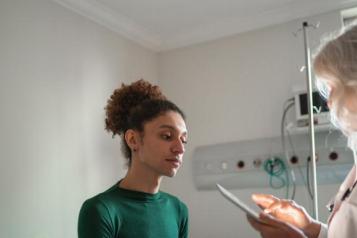What is GP collective action and what does it mean for patients?

The British Medical Association (BMA) is the trade union and professional body for doctors and medical students in the UK. On 1 August 2024 the BMA's committee of GPs voted to take collective action.
What is collective action?
-
Limiting the number of appointments with patients to the 'recommended safe maximum' of 25 a day (it is estimated that this could reduce the total number of GP appointments by 3 million each month).
-
Ceasing to ration referrals, investigations and admissions (e.g. by not complying with local protocols or template letters and using individual clinical judgement and own letters instead)
-
Switching off IT functions that allow for example, pharmacists to share details of Pharmacy First consultations they’ve had with their patients.
What does this mean for patients?
With less capacity in GP practices, patients might find they are directed to other services like NHS 111 or their local walk-in centre more often.
However, practices are still required to be open for their usual hours: 8am - 6.30pm Monday - Friday.
NHS England have advised patients to continue as normal:
- If you have an appointment at your GP practice, you should attend as usual.
- If you have a concern about your health, contact your GP by phone, online or in person as usual to book an appointment. You may be seen at your practice like normal, or you might be referred to a different service.
You can also consider using other services - for some health conditions, think Pharmacy First. Read our article explaining what your local pharmacy can now help with.
Our response
We recognise the challenges faced by GPs and their teams, and the pressures they are under. We hope the BMA and NHS England will work with urgency to resolve the GP contract dispute.
Patient safety is paramount, and we are concerned about the impact that collective action may have on patients due to the lack of information available to them. Individual GP practices can start their collective action at a time of their choosing, and it could last off and on for the next six months. Practices don’t need to pre-announce specific dates or the type of action they’re taking.
If patients are unsure if services are still available, they may be deterred from coming forward to seek help.
We would urge GP practices to inform their patients:
-
If and when they are taking part in the action
-
Which actions they are choosing to take
-
If appointment numbers will be limited, who will be prioritised and where to go for alternative help
Let us know
Have you been affected by the collective action? We would like to hear from you about your experience as a patient in Sheffield.


